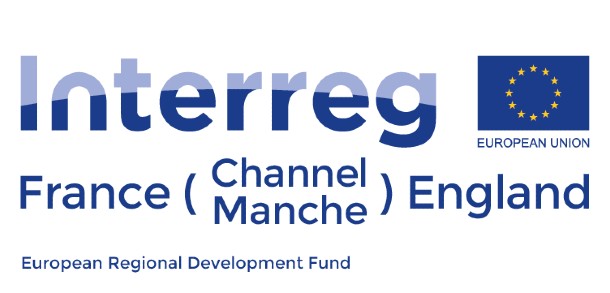Wednesday 1 April 2020
BLUEPRINT to a Circular Economy is an Interreg-funded European project led by Essex County Council. It will help local authorities move to a circular economy. The circular economy encourages the efficient use of resources when manufacturing products. It also promotes the re-use, repair, refurbishment and recycling of products for as long as possible with minimal waste.
Working with local authorities, social enterprises, schools and households, the project will unlock growth opportunities within the France (Channel) England (FCE) region.
Essex County Council will collaborate with nine organisations in the region to build a more dynamic circular economy.
The project runs from April 2020 to March 2023.
Find out more on the BLUEPRINT website.
Budget
Objectives
The project will create a:
- new BLUEPRINT model to enable local authorities to initiate policies, strategies and approaches to transition to a circular economy
- local authority management, monitoring and evaluation framework to evaluate performance based around the BLUEPRINT model
- cross-border network of local authorities who complete the BLUEPRINT training programme
- social enterprise training programme to help people to secure jobs in the circular economy sector
- online accelerator cluster for social innovation, helping to accelerate the rollout of the social enterprise training scheme
- series of behaviour change pilots, which will encourage 78,000 individuals to increase their recycling rates and reduce waste
Outcomes
The project anticipates that:
- 30 local authorities will implement the BLUEPRINT model
- 2,000 individuals will be trained to secure jobs in the circular economy (15% securing jobs within two years of completing the training programme)
- 100 social enterprises will be upskilled to deliver training
- 78,000 individuals will change behaviour to support circular economy growth
Partners

